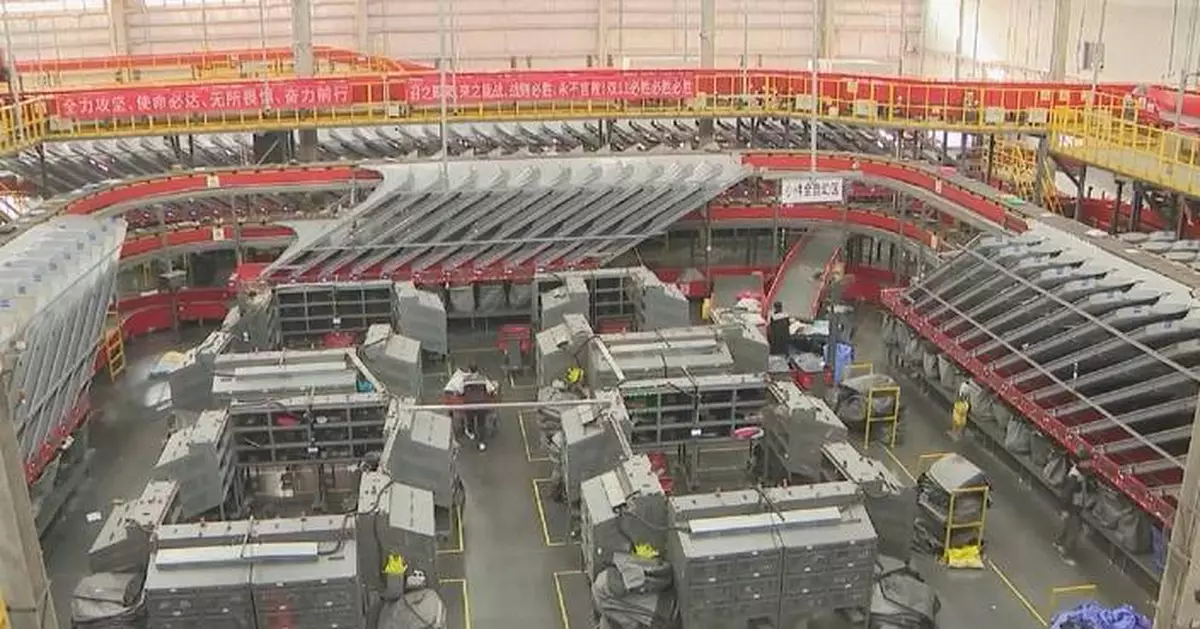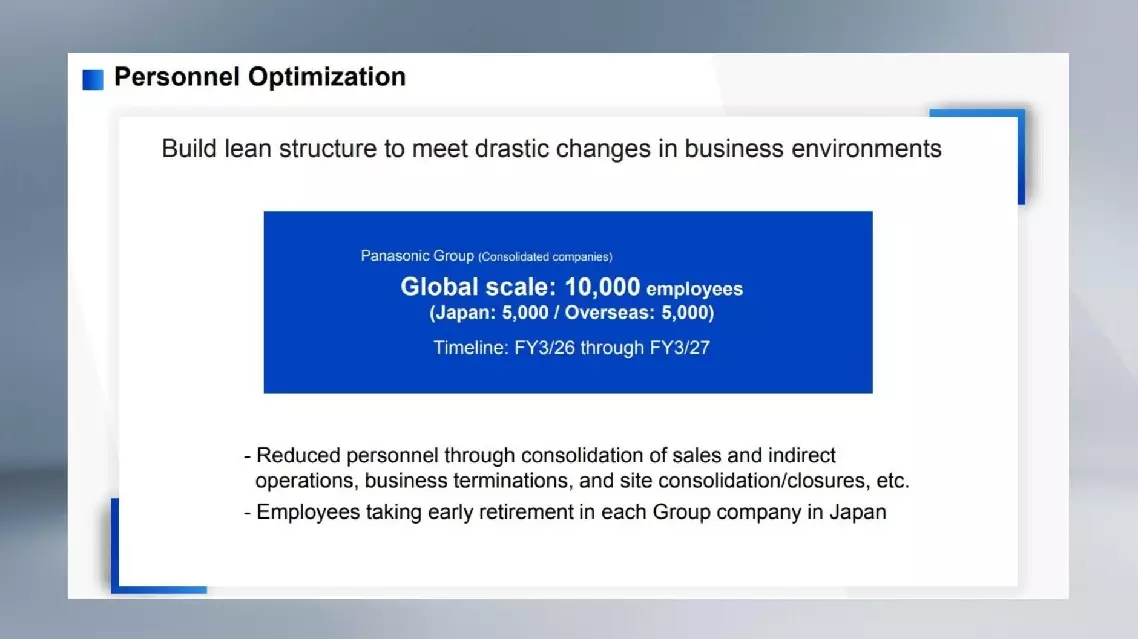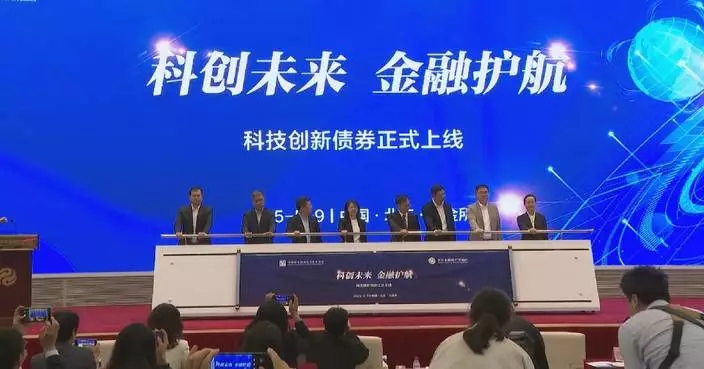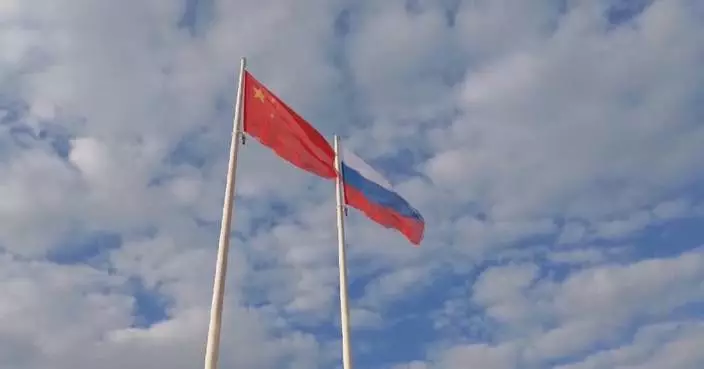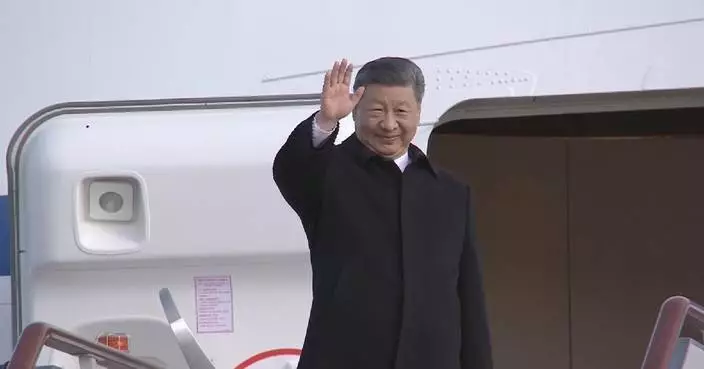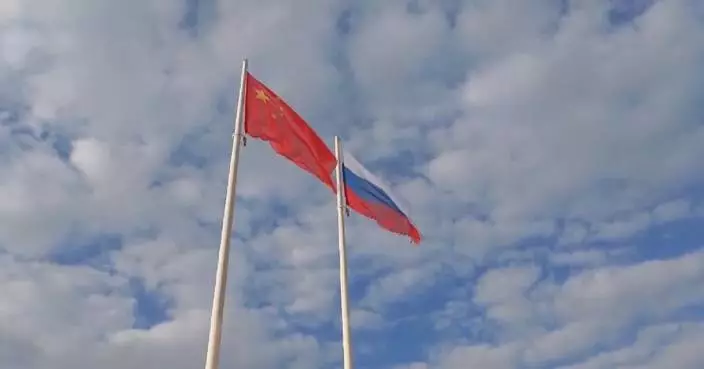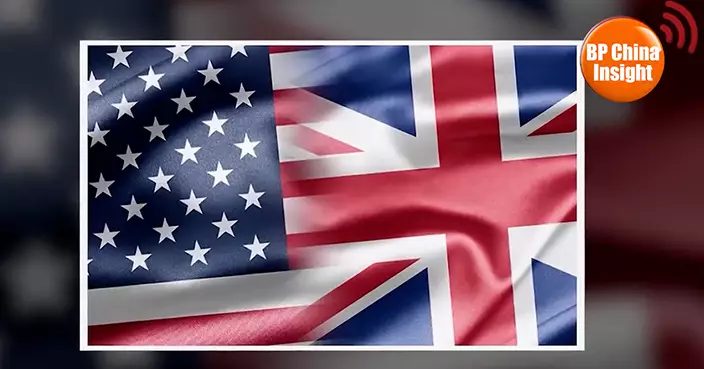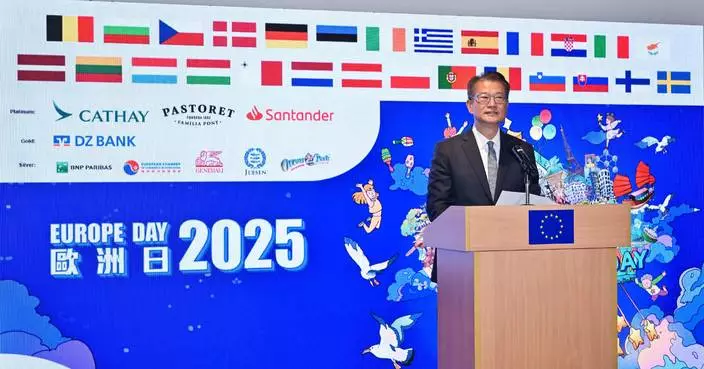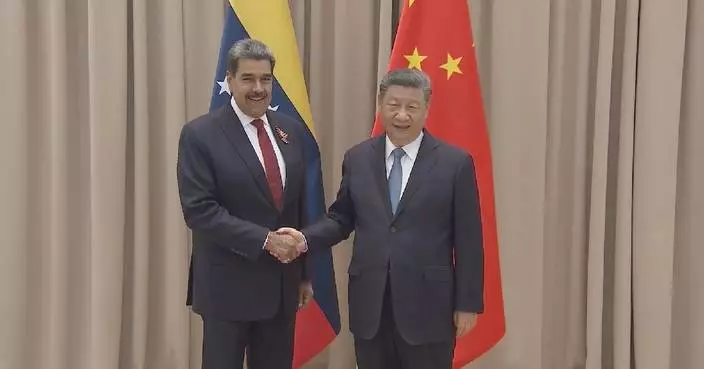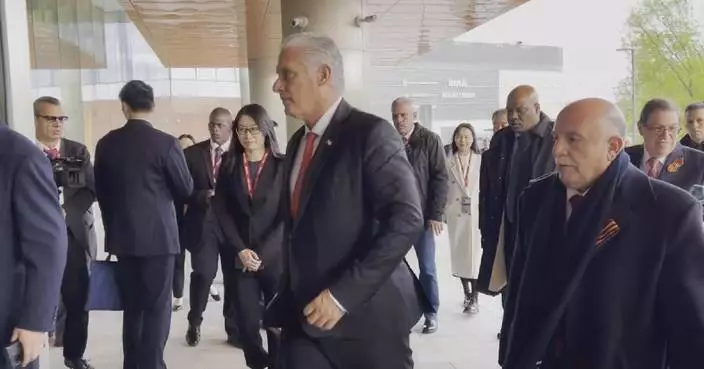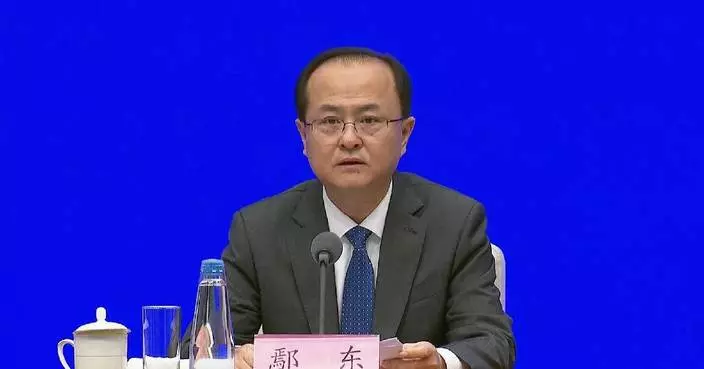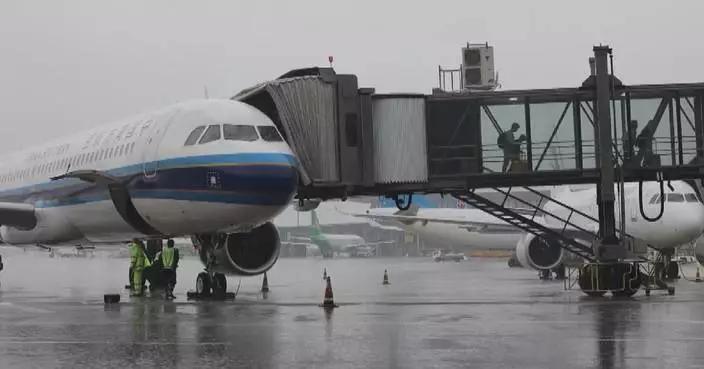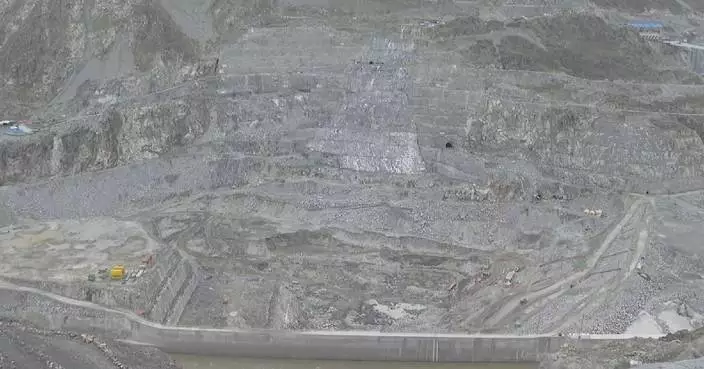China's courier sector handled 174.5 billion parcels in 2024, ranking first in the world for 11 consecutive years, the State Post Bureau announced Wednesday.
It marks a surge of 21 percent year on year, said the bureau.
The country's postal industry handled 193 billion parcels throughout the year, up 19 percent compared with the same period in 2023, achieving an 11 percent year-on-year revenue growth to 1.7 trillion yuan (about 231.9 billion U.S. dollars), according to the bureau.
In 2024, China's courier sector's total revenue expanded 13 percent year on year to 1.4 trillion yuan.
Since 2024, the construction of an international postal and express hub cluster with the Beijing-Tianjin-Hebei, Yangtze River Delta, Guangdong-Hong Kong-Macao Greater Bay Area, Chengdu-Chongqing, and Central region urban clusters as the core has been steadily advanced.
At present, there are 1,300 mail and express processing centers above designated size in China, and the maximum daily processing capacity of express delivery reaches 729 million pieces. A total of 92 cold chain transfer centers and 405 cold chain warehouses have been built.
In east China's Zhejiang Province, the construction of Jiaxing global aviation logistics hub project is speeding up. The project includes nearly 100 seats, as well as bonded logistics center, warehousing, multimodal transport area, and comprehensive business center.
This year, the multimodal transportation center and some storage facilities in the project will be completed and put into use, when the maximum processing capacity of express delivery will be increased by more than three times, and its service will cover other regions of the Yangtze River Delta, including Shanghai, Hangzhou, Suzhou and Huzhou.
In Xining, capital city of northwest China's Qinghai Province, the construction of a mail processing center covering an area of eight hectares has been basically completed. It is expected to increase the daily processing capacity of express parcels in the center from 100,000 to 400,000 after being put into use this year.
"We have actively integrated into the modern comprehensive transportation system, accelerated the construction of a modern industrial infrastructure system, and in particular further improved the basic postal network in the central and western regions, with the express delivery volume in central and western China increasing by 30 percent and 35 percent year on year, effectively, narrowing the gap between urban and rural residents' experience in consumer service. It better helps reduce the cost of logistics in the whole society, improve the efficiency of comprehensive transportation, and serve the smooth circulation of the national economy," said Hou Yanbo, spokesman of the State Post Bureau.
The State Post Bureau expects that the postal industry will continue to maintain a steady upward trend in 2025, with the express delivery volume and revenue reaching 190 billion and 1.5 trillion yuan respectively at a growth rate of about 8 percent.
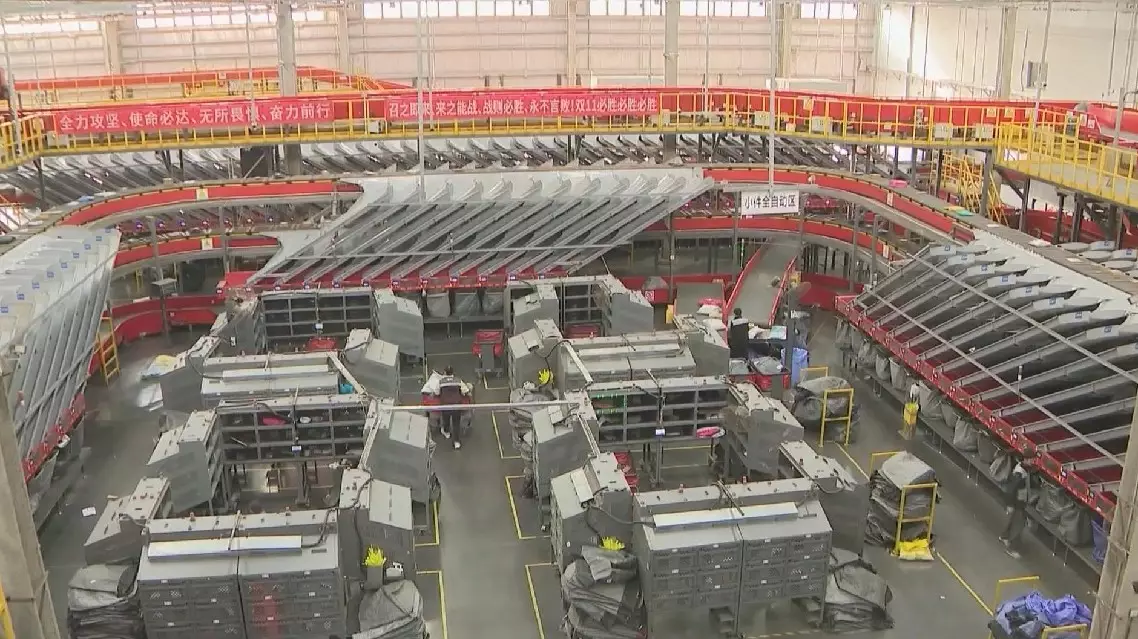
China's express delivery volume ranks 1st in world for 11 consecutive years


